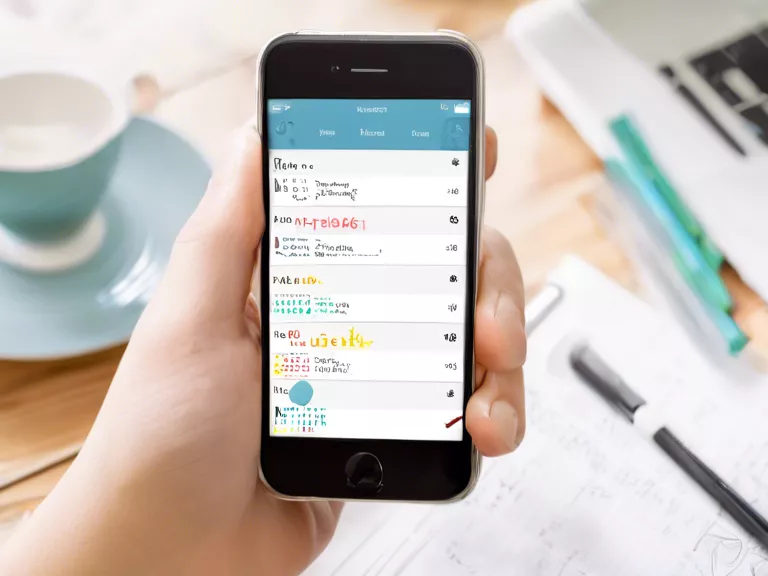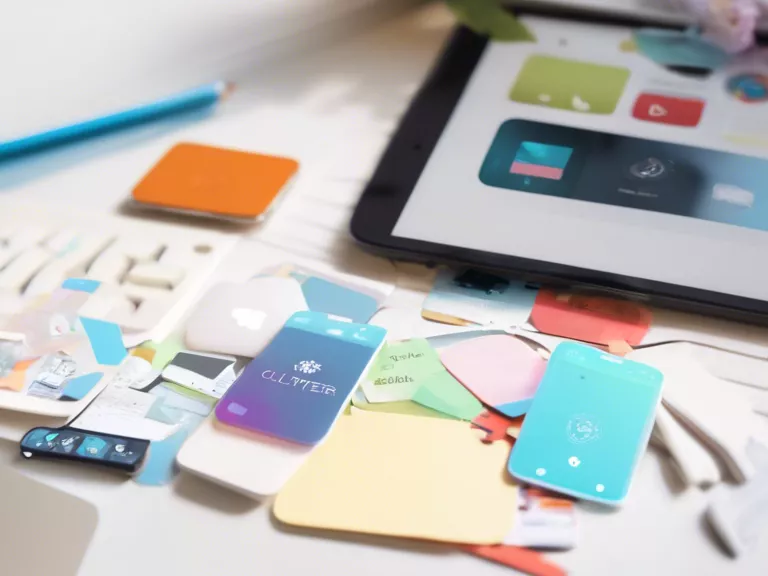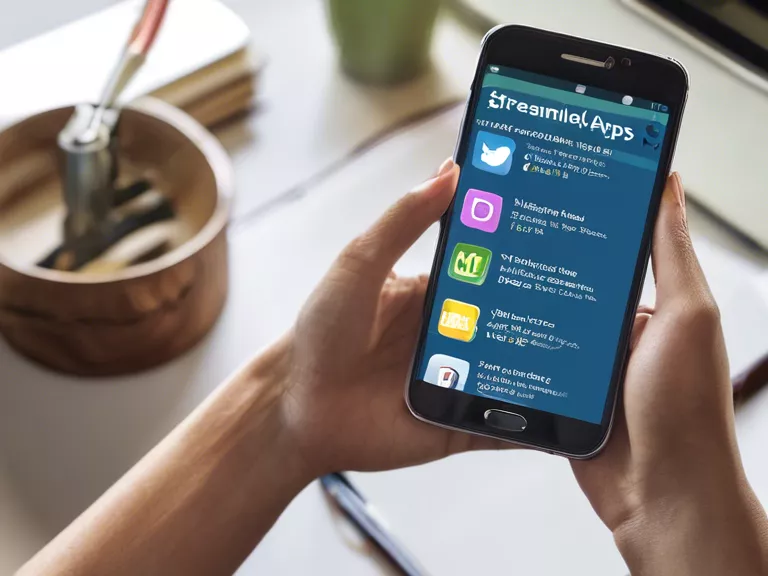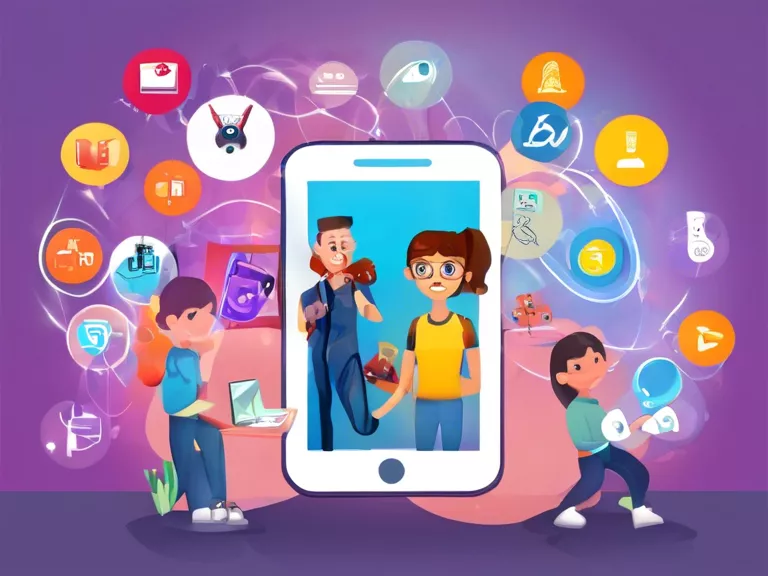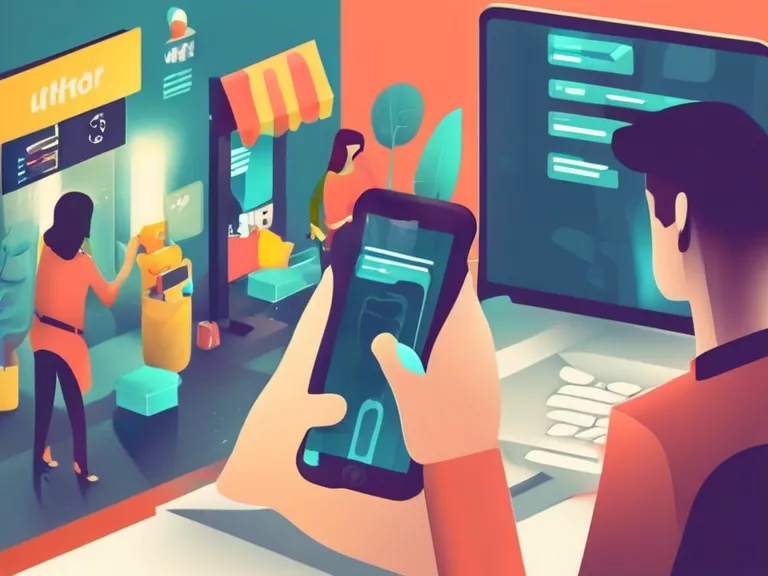
In recent years, the gig economy has been rapidly expanding, with more and more people opting for freelance work instead of traditional 9-5 jobs. One of the key driving forces behind this shift is the rise of mobile apps that are revolutionizing the way freelancers find work and manage their businesses.
Mobile apps have made it easier than ever for gig workers to connect with clients, find new projects, and get paid quickly and securely. Platforms like Upwork, Fiverr, TaskRabbit, and Uber have all leveraged the power of mobile technology to create seamless and efficient ways for freelancers to market their skills and services.
One of the main advantages of using mobile apps for freelance work is the ability to work anytime, anywhere. Freelancers can simply log in to the app on their smartphones or tablets and start working on projects immediately, without the need for a physical office or workspace. This flexibility is especially appealing to a generation of workers who value independence and work-life balance.
Mobile apps also provide freelancers with valuable tools for managing their businesses more efficiently. From time tracking and invoicing to project management and communication with clients, these apps streamline the administrative side of freelance work, allowing freelancers to focus on what they do best.
Furthermore, mobile apps have made it easier for freelancers to build their personal brands and establish a strong online presence. With the help of social media integration and user-friendly interfaces, freelancers can showcase their work, receive feedback and reviews, and attract new clients more easily than ever before.
In conclusion, mobile apps have completely transformed the gig economy and freelance work, making it more accessible, efficient, and dynamic than ever before. As technology continues to evolve, we can expect even more innovative apps that will further revolutionize the way freelancers work and thrive in today's digital age.
